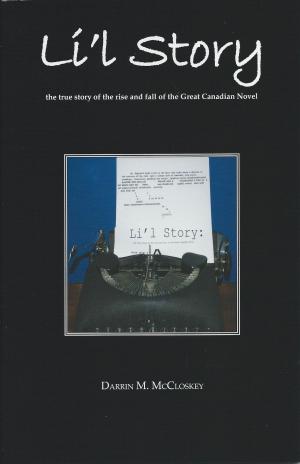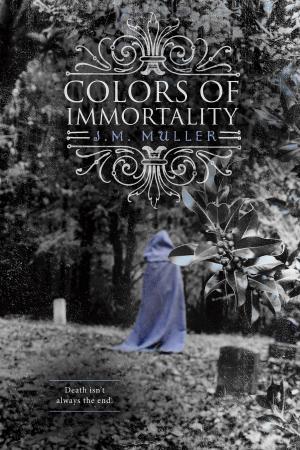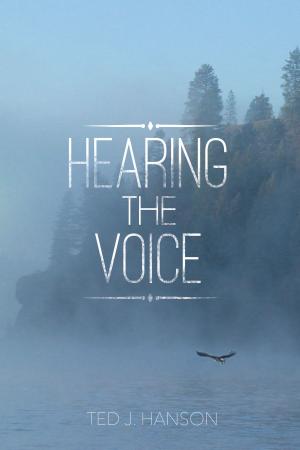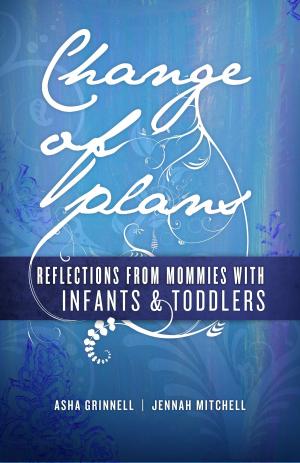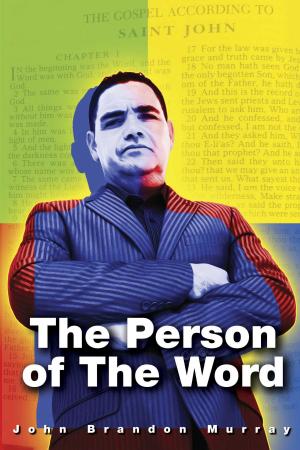Thoze Krazy Daze
An Introspective Review Into the Fun and Fear of Being Bipolar
Nonfiction, Health & Well Being, Health, Health Care Issues| Author: | R. Hayes-Marshall, A. Watson Jacobs | ISBN: | 9781483557236 |
| Publisher: | BookBaby | Publication: | July 15, 2015 |
| Imprint: | Language: | English |
| Author: | R. Hayes-Marshall, A. Watson Jacobs |
| ISBN: | 9781483557236 |
| Publisher: | BookBaby |
| Publication: | July 15, 2015 |
| Imprint: | |
| Language: | English |
Imagine you can look at your life with all its peculiarities, by analysing what you do and how you do the things you do but in an articulate way. This proposition is an introspective review, which allows a detailed understanding to be formed that provides a sense of ‘Self’ awareness. In a place that is confident in the knowledge that you are safe, to make observations about how you feel, and what you appear like to others. It is possible to look deeply into the life we have made for ourselves and reveal how we function differently with different people in different situations. Beware though; you may be tempted to deconstruct the life you now have as a bipolar person by looking at who you have become. And so move to reconstruct your bipolar life in the present, knowing more about yourself with more acute understanding. And so make it possible to live with dignity, and consequently be capable of managing situations as they arise with more confidence. There are many ways of getting information about Bipolar Disorder, and book shops all over the world, have shelves stacked with different ways to describe the condition and its affect on one’s life. We have tried to avoid replicating this wide range of approaches that are commonly available to those who wish to know more about themselves or someone who they feel could be described as a bipolar person. We have deliberately moved away from three specific approaches where the intention is to inform the reader as to what it is like living with this mental illness. Many books written about this disorder are ‘Self Help Books’ all purporting to contain the ‘answers’ to your questions and concerns. They describe techniques and methodologies you can practice, (considered to be inner knowledge) offering the reader ways to feel better about themselves, mostly by making contrived, unfounded claims, with theories that explain how to overcome the bipolar condition in order to live in a ‘normal’ way. Then there are the ‘testimonials’, which by contrast are always presented as personal accounts of events and experiences, usually written by prominent and often socially well recognized individuals with high levels of public popularity. Successfully gained in such things as sporting achievement or media fame, who share their thoughts after revealing they spent time in rehab, where they realised they have their own true story to tell. Then there are ‘the clinical texts’ which on the other hand are usually well written journals collated by Mental Health Professionals, who articulate and describe the illness in clinical terms. And with statistically supported research to prove certain treatments worked in the cases they have reviewed in studies or trials, their objective is to educate the reader with collected data. Unfortunately they can be hard to read for some because they are boring. Instead, we have raised questions, without seeking specific answers that seemingly give easy solutions, and by doing this we believe we have taken a unique approach for people who are looking for a book, that opens up discussions often avoided by authors for fear they are going into areas that are taboo. We have expressed our views on topics that are pertinent by proposing an introspective review into ‘the fun and fear’ of being bipolar.
Imagine you can look at your life with all its peculiarities, by analysing what you do and how you do the things you do but in an articulate way. This proposition is an introspective review, which allows a detailed understanding to be formed that provides a sense of ‘Self’ awareness. In a place that is confident in the knowledge that you are safe, to make observations about how you feel, and what you appear like to others. It is possible to look deeply into the life we have made for ourselves and reveal how we function differently with different people in different situations. Beware though; you may be tempted to deconstruct the life you now have as a bipolar person by looking at who you have become. And so move to reconstruct your bipolar life in the present, knowing more about yourself with more acute understanding. And so make it possible to live with dignity, and consequently be capable of managing situations as they arise with more confidence. There are many ways of getting information about Bipolar Disorder, and book shops all over the world, have shelves stacked with different ways to describe the condition and its affect on one’s life. We have tried to avoid replicating this wide range of approaches that are commonly available to those who wish to know more about themselves or someone who they feel could be described as a bipolar person. We have deliberately moved away from three specific approaches where the intention is to inform the reader as to what it is like living with this mental illness. Many books written about this disorder are ‘Self Help Books’ all purporting to contain the ‘answers’ to your questions and concerns. They describe techniques and methodologies you can practice, (considered to be inner knowledge) offering the reader ways to feel better about themselves, mostly by making contrived, unfounded claims, with theories that explain how to overcome the bipolar condition in order to live in a ‘normal’ way. Then there are the ‘testimonials’, which by contrast are always presented as personal accounts of events and experiences, usually written by prominent and often socially well recognized individuals with high levels of public popularity. Successfully gained in such things as sporting achievement or media fame, who share their thoughts after revealing they spent time in rehab, where they realised they have their own true story to tell. Then there are ‘the clinical texts’ which on the other hand are usually well written journals collated by Mental Health Professionals, who articulate and describe the illness in clinical terms. And with statistically supported research to prove certain treatments worked in the cases they have reviewed in studies or trials, their objective is to educate the reader with collected data. Unfortunately they can be hard to read for some because they are boring. Instead, we have raised questions, without seeking specific answers that seemingly give easy solutions, and by doing this we believe we have taken a unique approach for people who are looking for a book, that opens up discussions often avoided by authors for fear they are going into areas that are taboo. We have expressed our views on topics that are pertinent by proposing an introspective review into ‘the fun and fear’ of being bipolar.


